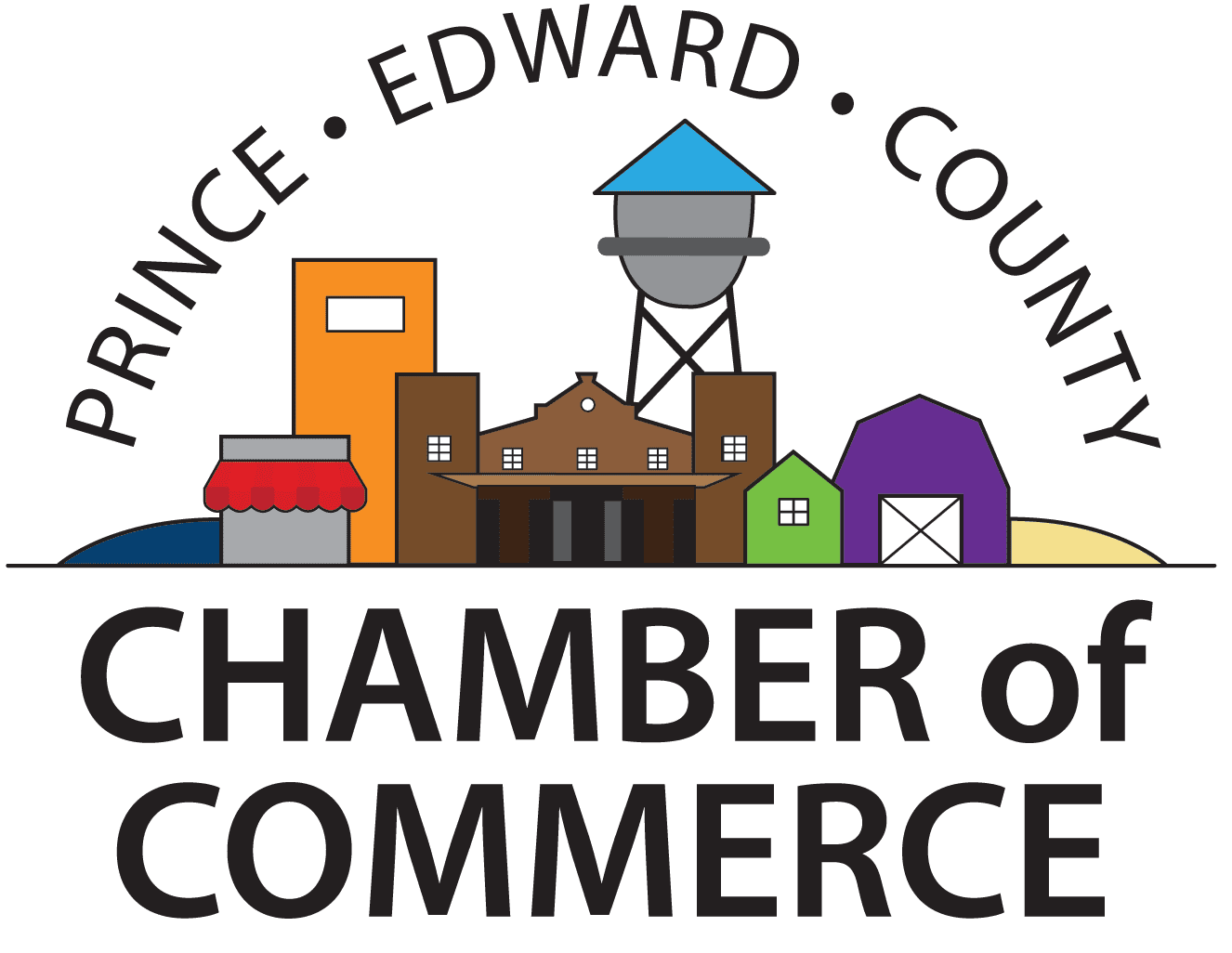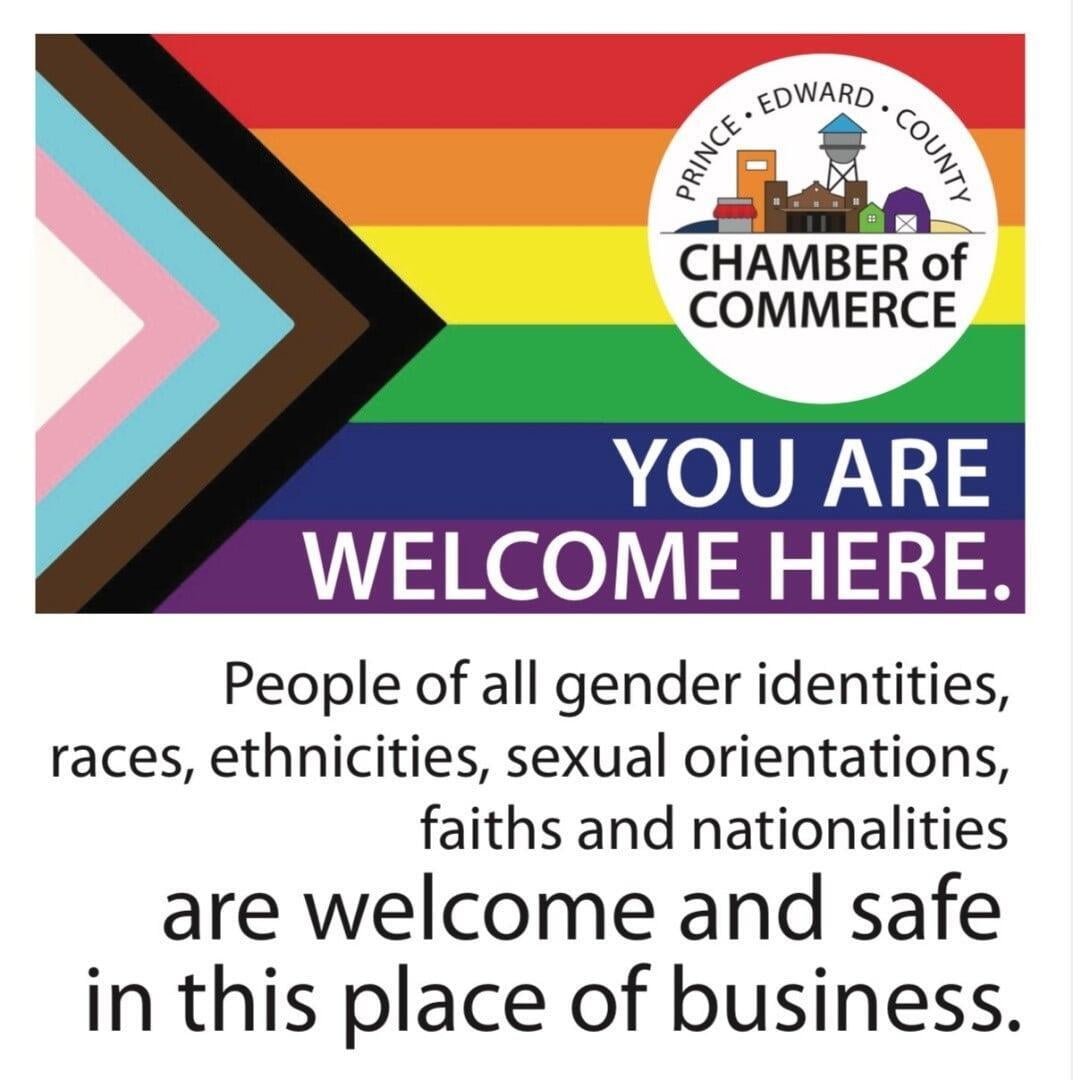Boards of trade have been around for a very long time and have been a key component of many a successful business strategy. Remarkably, many people are confused about what boards of trade are and what they do for local businesses and communities. Here are the top 5 myths we hear about boards of trade:
1) A board of trade is different from a chamber of commerce
This one is a common misconception. A board of trade and a chamber of commerce are different in precisely the same way a violin and a fiddle are different – the spelling. It’s a simple accident of history that we have two common names for exactly the same kind of organization. Indeed, many boards of trade and chambers of commerce are governed by the Boards of Trade Act yet most boards of trade in Ontario are affiliated with both the Ontario Chamber of Commerce and the Canadian Chamber of Commerce. This affiliation of boards and chambers is referred to as The Chamber Network.
2) A board of trade is a government institution or agency
Boards of trade and chambers of commerce are, with very few exceptions, not funded by tax dollars. Rather, they are membership-based local business associations that are funded primarily through member dues but also through sponsorships, advertising, event registrations etc… They exist to serve the needs of their local business community and do so by advocating for business-friendly public policy, by providing networking and educational opportunities, by keeping their members in the loop about new regulations, by offering pooled savings programs on things every business needs and more.
3) Everything is online now, in person networking is a thing of the past
Some emerging business professionals assume that they can make all the connections they need online. While this is very forward-thinking, the data doesn’t support this assumption. Think about how often you say yes to the random friend request from a stranger on Facebook or LinkedIn; now think about how often you entertain a business proposition right after they add you. Most people agree that red flags go up and that social networks, while very powerful, have their limits. Boards of trade provide networking, speaking and writing opportunities to members that help them develop their personal brand and enhance their reputation. There’s no lead like a warm lead and so in-person networking remains an essential part of an effective business growth strategy. Plus, if you want to attend a seminar about how to maximize the effectiveness of your social media marketing, you’ll probably find one at your local board of trade.
4) Public policy advocacy has nothing to do with me
While you may be too busy juggling your many business responsibilities to think about public policy, that doesn’t mean these decisions won’t impact your business. Decisions such as what transit or transportation infrastructure gets built can affect how your employees get to work, how easy it is for your customers to get to you or how you get your goods to market. A board of trade seeks member input on the issues of the day and effectively advocates for business needs at all levels of government. They also help keep members in the loop about new mandatory regulations to help them avoid the potentially costly headaches of non-compliance. It’s sometimes hard to quantify the ROI of that tax or fee you didn’t have to pay because the board of trade spoke up on your behalf but the public policy environment can mean the difference between being able to hire a new employee and having to relocate so it really is everyone’s business. Boards fill the gap left by industry associations because they address the issues that can have an impact on all businesses not just particular industries.
5) It is tough to justify the expense
Sometimes it’s difficult to remember when writing a cheque that there is a difference between a non-essential expense and a sound investment but, when used properly, a board of trade membership can pay dividends. Do a little online research and you’ll find that there is a board of trade or chamber of commerce that serves almost every community in North America and there are many more around the world. The reason this model has been replicated so often is that it works. Businesses understand that it works better when they work together and that people like to do business with people they know and trust. Smart business people understand that a rising tide lifts all boats and that investing in their community and doing business locally is a wise business decision. Whether it’s referrals, new contacts, educational opportunities, advocacy work or meaningful savings on business essentials, a board of trade membership can more than pay for itself. Membership is a smart business decision and that’s why engaged members renew year after year.






